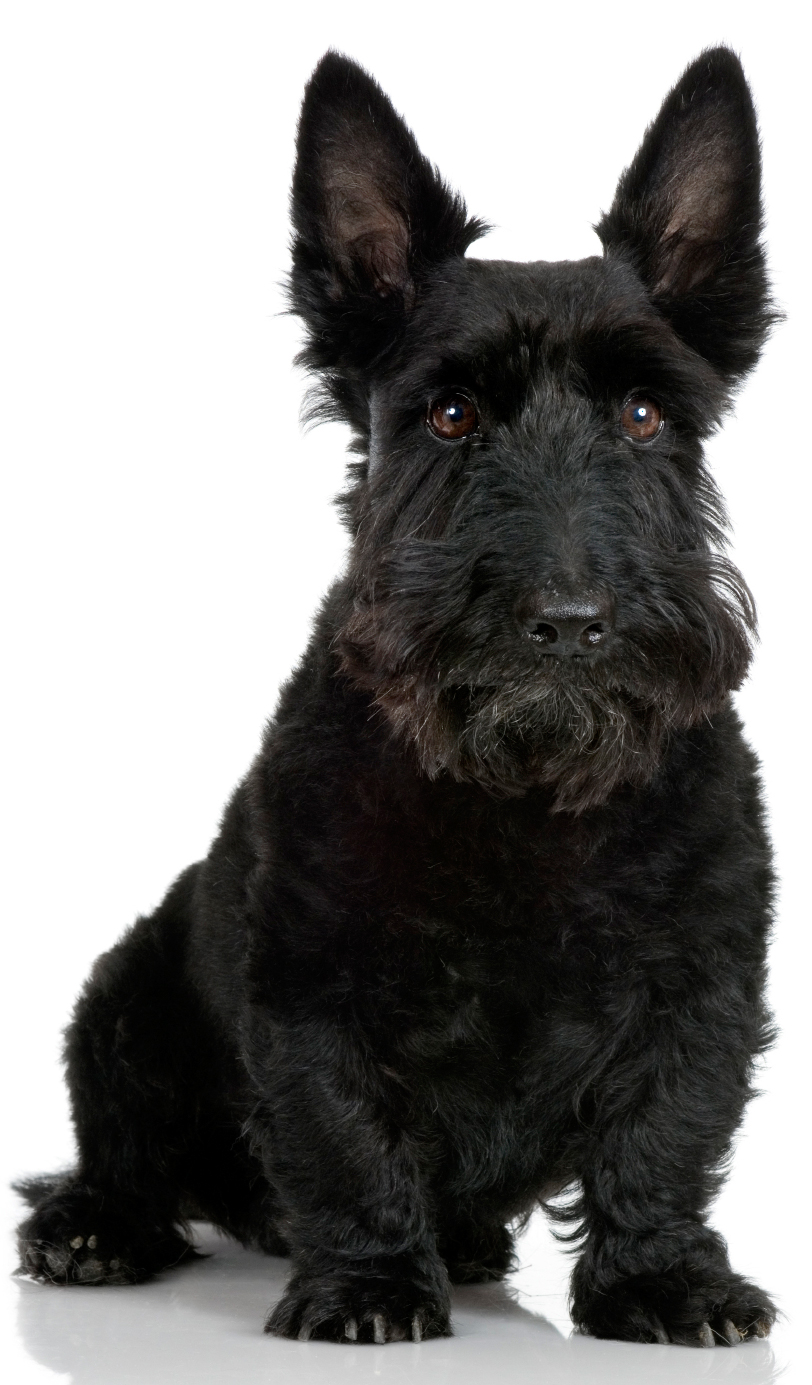Dogs just want to have fun
May 3, 2012 by admin
Filed under Uncategorized
Jennifer Viegas said in her article (in Discovery News, 15.5.08):
“Pampered pooches are so driven to play and please that these urges can overtake other instincts, such as being wary of strangers, a new study shows.
Socialised dogs don’t even seem to care who they play with, the study says, as long as the person plays by the same rules and general manner established by the dog’s owner during earlier play sessions.
“It could mean that if, over time, the dog and its owner develop a routine of games, the dog could generalise these behaviour routines to other play situations with another unfamiliar person,” researcher Lilla Toth says.
And, she adds, the dog is less prone to misunderstanding human intentions.
Toth, a researcher in the Department of Ethology at Hungary’s Eötvös Loránd University, and her team recruited 68 adult dogs of varying breeds for the study.
The dogs were all classified as family pets because they had all completed obedience and agility classes, they lived in their owners’ homes and they were regularly walked and otherwise cared for by their owners.
The scientists had each dog play both a fetch-ball game and a rag tug-of-war game with its owner and then an unfamiliar person, who stood nearby during all sessions.
Tail wagging
During the play sessions the researchers took note of each dog’s tendency for possession, willingness to retrieve, behaviours related to fear, avoidance and aggression, and the occurrence of play bows, when a dog crouches down on its front legs with its head held high and its tail wagging.
This bow is a visual cue that the dog would like to play.
The researchers then examined the effect that six factors had on the dogs’ behaviour: the familiarity of the play partner; the type of the game; the dogs’ gender, age and breed; and the ordinary amount of daily interaction between dog and owner.
In her paper, published online in the journal Applied Animal Behaviour Science, Toth says most of the dogs played with anyone in sight, so the factor related to the familiarity of the play partner was crossed off the list.
How much the dog played on a daily basis, however, did seem to affect how motivated or fearful the dog was during the study, so Toth advises owners to spend as much time with their dogs as possible.
“The more [owners] play with their dogs, and we mean the more types of games as well, the better,” she says.
The dog’s breed played a minor role, with breeds selected for fighting, such as terriers, occasionally tending to get more stimulated during the more competitive tug-of-war game.
Gender was a slightly more important factor, with males tending to be somewhat less tentative than females and more males than females preferring tug-of-war.
“That doesn’t surprise me,” says Lisa Peterson, an American Kennel Club spokesperson, “since females rear the young and have a tendency to be more leery.”
Driven to play
Peterson is also not surprised that both male and female dogs often seem to put aside their fears when their drive to play kicks in.
“Historically, dogs hooked up with humans some 15,000 years ago by pleasing us in exchange for food,” she says.
“They are motivated to play and to please, and these drives appear to be stronger than some of their other urges now.”
Peterson isn’t a big fan of tug-of-war games, though, since over time they can bring out those other doggy urges, such as competitiveness and dominance seeking.
If such games must be played, she says it isn’t so much who wins that matters, but who is in charge.
“All of us dog owners admittedly have knot tug toys,” says Peterson, who has bred dogs for more than 20 years.
“Just be sure to teach the dog to release the toy when playtime is over,” she advises. “You need to show it that you’re the boss and the top dog.”
Please consult a qualified animal naturopath for advice about nutritionally-balanced diets and naturopathic medicines for the treatment of animals.
Yours In Great Health,
Sar Rooney BHSc., DC., ND., DASc., GDSc. (Hons) Zoology, MHATO, MATMS
Naturopathic Practitioner, Researcher, Lecturer, Canine Naturopath
Science-Based Naturopathy for Canine Wellbeing
Canine naturopathic health care with a clinical focus on skin conditions, inflammatory bowel disorders, chronic infections, arthritis and disease prevention.
Helping dogs achieve optimal wellness with personalised, professional naturopathic health care and individually-prescribed high-quality herbal medicines and supplements
Naturopathic Animal Services W: www.animalnaturopath.com.au E: [email protected] FB: http://www.facebook.com/DogNaturopath
Appointments are available by email, phone & skype
Want to keep up to date on the latest in dog health? Join me on Facebook:http://www.facebook.com/DogNaturopath
Disclaimer: The information provided is not intended to replace any veterinary or medical advice or treatment.


